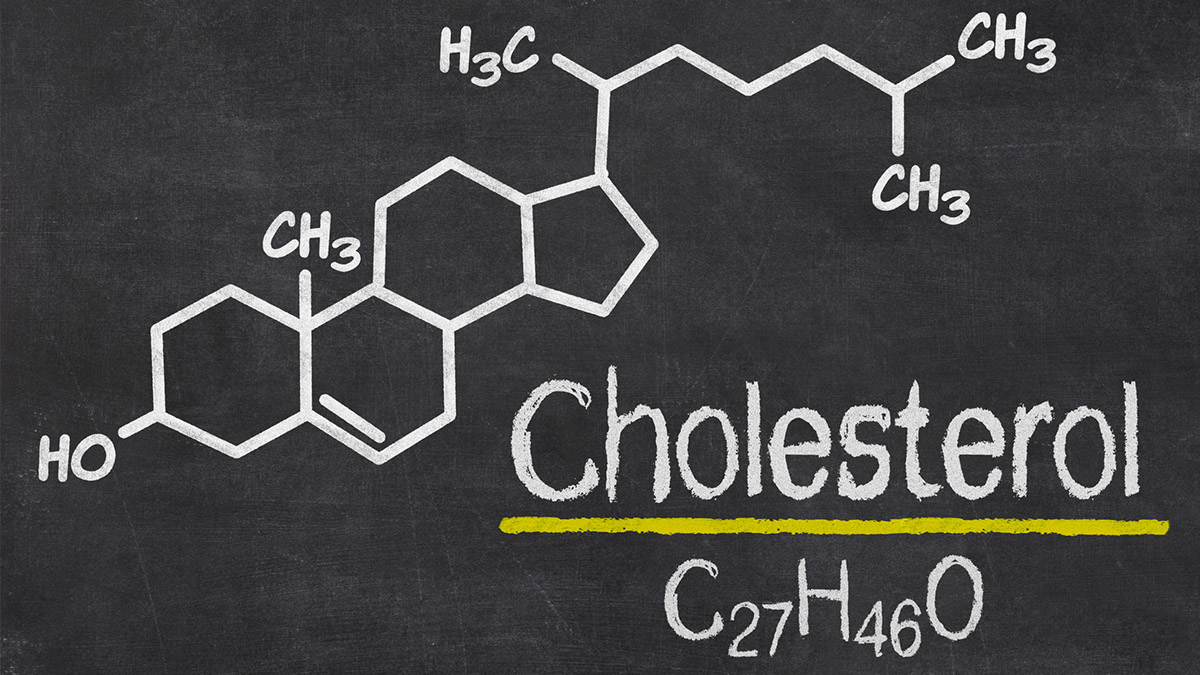Can 2020 cholesterol medications get your patients to goal?

Cholesterol seems to always be the hot topic of any healthcare discussion. Terms like “good cholesterol” or “bad cholesterol” are often tossed around, but what do they all mean and why are they important? Simply stated, cholesterol is a waxy substance used by your body to help build cells. Too much, however, can be detrimental.1 The two types of cholesterol are low-density lipoprotein (LDL), “the bad”, and high-density lipoprotein (HDL), “the good”.1 As levels of LDL-cholesterol in your blood increases, it can build up in the inner walls of the arteries that feed the heart and brain.1 Unfortunately, the buildup can cause blockages that often result in a myocardial infarction (MI) (i.e. “heart attack”) or stroke.1
Many medication classes are available to help increase HDL and/or lower LDL levels with mixed success. There is still a large unmet need of patients (18 million) that are not at their desired goals based on evidence-based medicine and clinical guidelines despite treatment with currently available therapies.3 The mainstay of therapy to treat hypercholesteremia is the HMG-CoA Reductase Inhibitors (known as statins). Other classes include PCSK9 Inhibitors, NPC1L1 Inhibitors, bile acid sequestrants, fibrates, selective microsomal triglyceride protein inhibitors, Apolipoprotein B Antisense Oligonucleotides, and various supplements such as vitamin B3 and omega-3 fatty acids. Two new cholesterol medications are scheduled to enter the market in 2020, a 3rd PCSK9 inhibitor and a first in class ATP-citrate lyase inhibitor.
PCSK9 inhibitors (two currently on market) were projected to be blockbuster specialty medications to help patients to goal when other classes, statins, did not. Unfortunately, insurers did not want to cover these medications do to cost. Of patients given a prescription for a PSCK9 inhibitor during the categories first year on market, only 47.2% received approval from their insurer, according to one study by the Duke Clinical Research Institute. And of those, 34.7% never filled their prescription, likely due to high out-of-pocket cost.3 Other issues include utilization management hurdles to obtaining these medications (considered specialty meds) and having to be administered in the physicians’ offices (patients do not always inject themselves).
With a third PCSK9 inhibitor set to enter the market in 2020, will it have a significant differentiator from the other two PCSK9s? Although it has the same mechanism of action, it is said to work differently through a process known as Ribonucleic Acid (RNA) interference, whereby it degrades the messenger RNA cells used to translate genetic instructions into proteins.3 In addition, this medication may have favorable adherence. The expected relative risk reduction for the new medication is 30% compared to 15% for the current PCSK9s.3
Bempedoic acids will be the first in a new class of drugs to treat high cholesterol. It works differently by inhibiting an enzyme [ATP-citrate lyase], acting upstream of HMG-CoA reductase, involved in cholesterol production and can be taken in combination with other lipid-lowering therapies for patients who may not be at their goal with existing therapy.2 It is considered a biologic drug which is a product that is produced from living organisms or contains components of living organisms.5 This medication class is thought to be favored over the new and current PCSK9s due to its oral administration rather than being an injectable or using an auto-injection.2 Although bempedoic acid works in the same cholesterol synthesis pathway as statins, it is specifically designed to avoid myalgias (muscle pain), one of the possible side effects of statin therapy.6
As a pharmacist, I am very excited to see new options available to patients. Clinical outcomes for both medications will also help set the stage to see how well it is used by patients nationwide. If these drugs are more accessible, and used correctly, this upcoming research will tell us if these new medications will be an effective way for patients to reach their cholesterol goal levels.
References:
1 https://www.heart.org/en/health-topics/cholesterol/about-cholesterol
2 https://www.formularywatch.com/clinical-news/top-3-drugs-expected-first-half-2020
4https://www.ncbi.nlm.nih.gov/pmc/articles/PMC509050/
5https://www.medicinenet.com/biologics_biologic_drug_class/article.htm